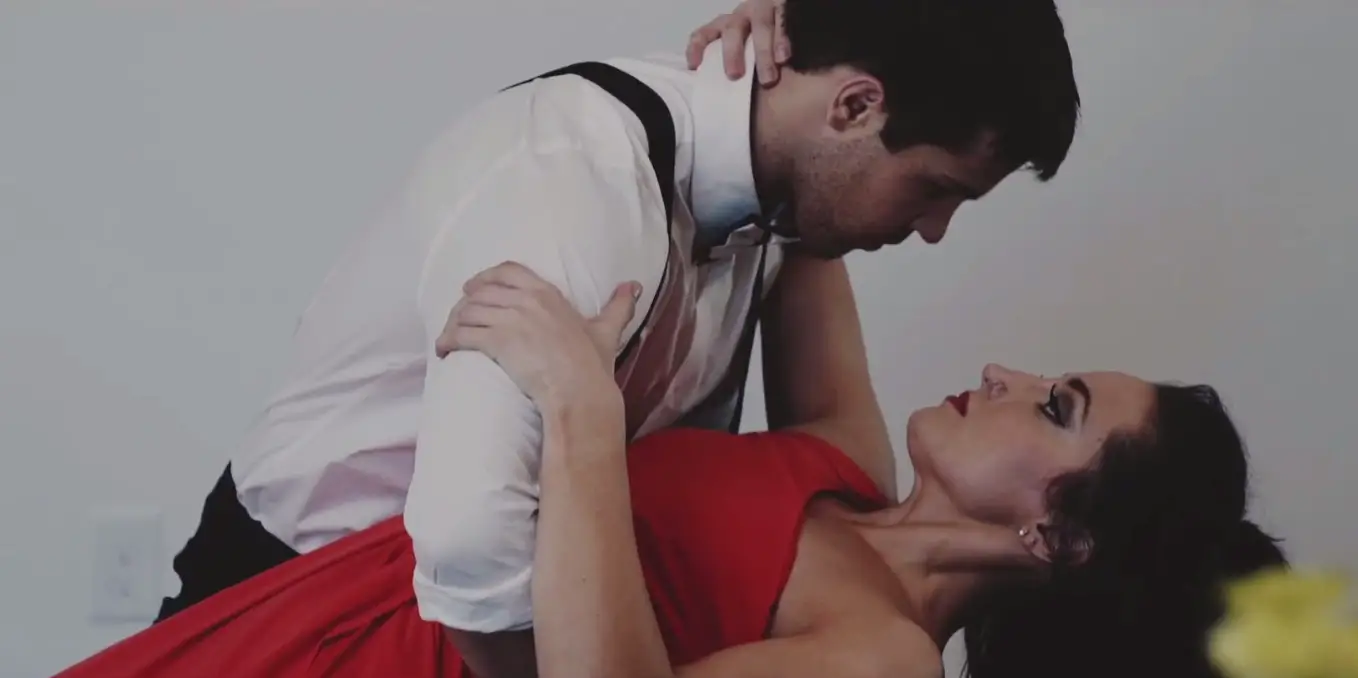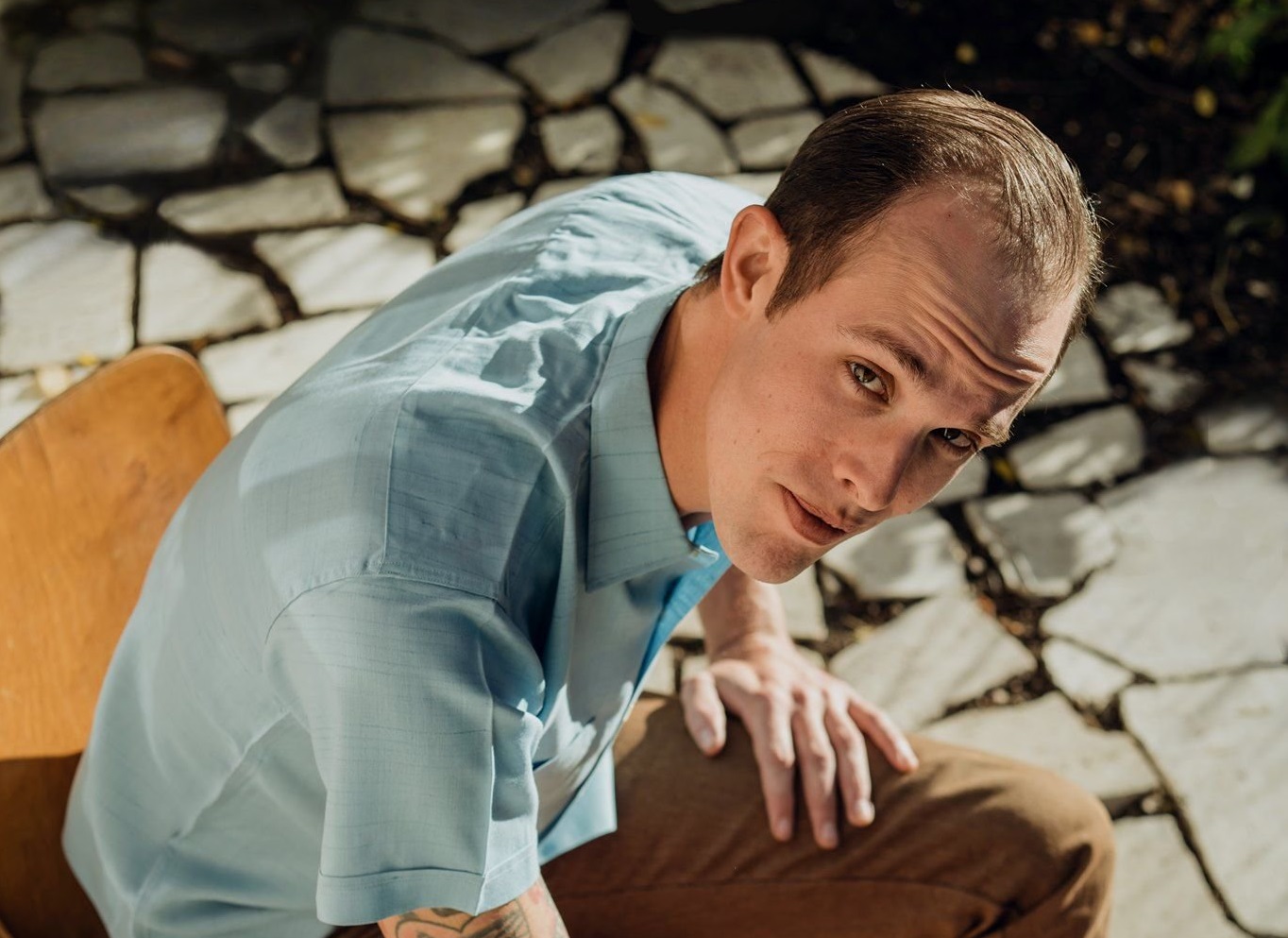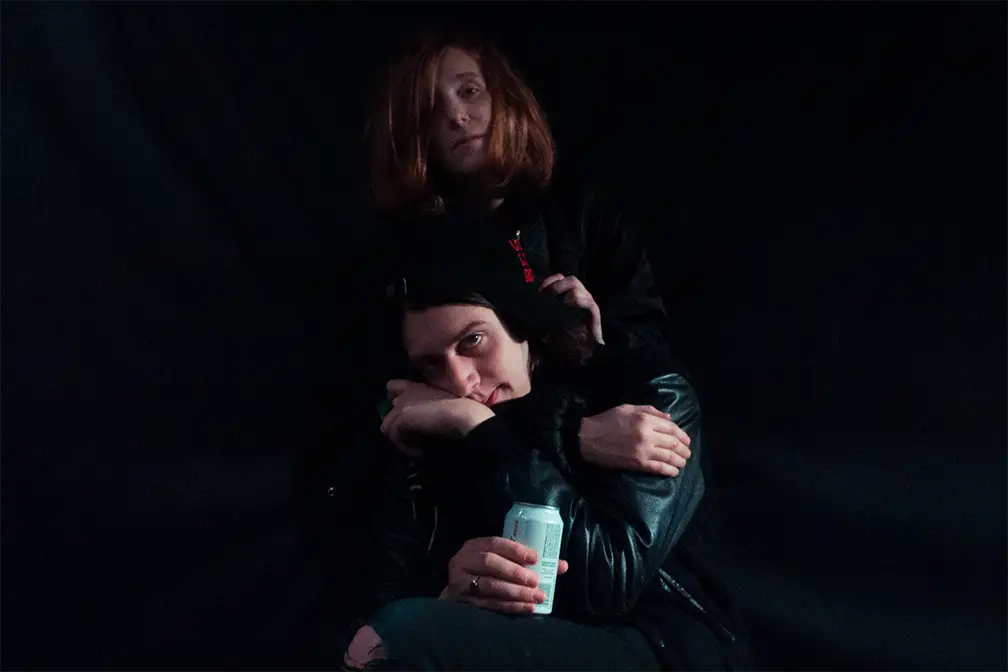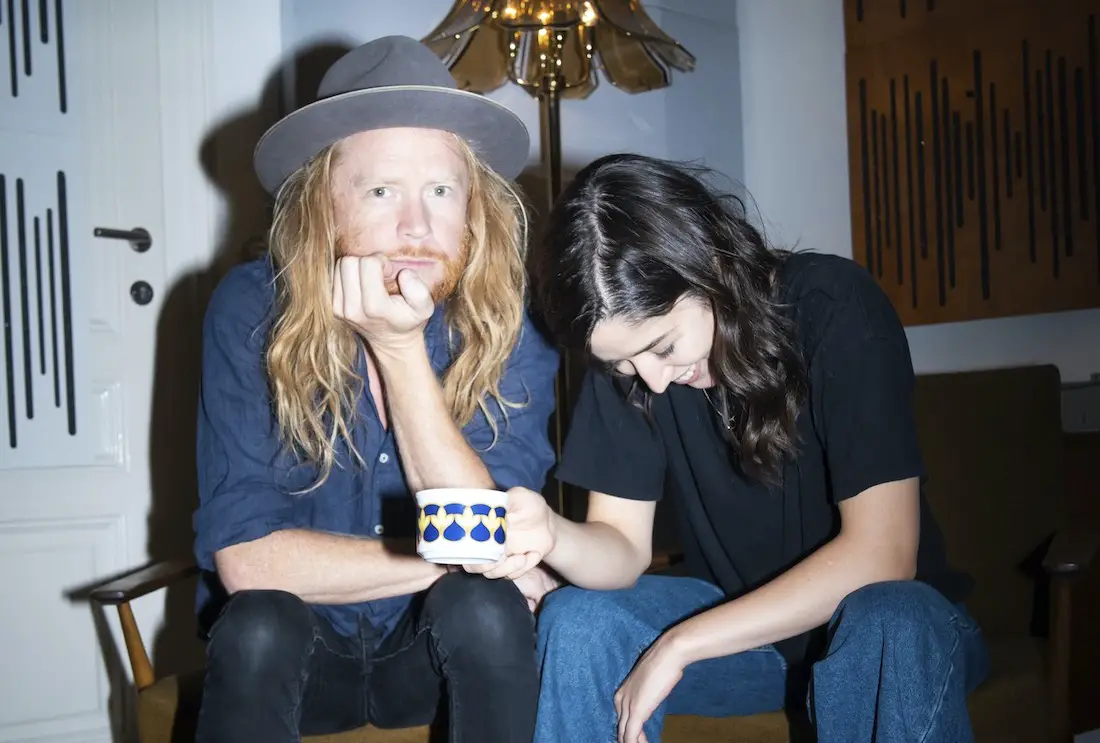Today for World Suicide Prevention Day (September 9th), Atwood Magazine shares a special essay geared at normalizing the conversation around suicide and depression, written by rising Nashville-based indie pop artist Ryan James Brewer. His new single “End of a Life” explores his varied experiences with mental health.
•• ••
Thoughts on The End of a Life
by Ryan James Brewer
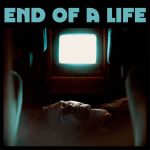
As many people who grew up in isolated country towns can understand, your points of difference and eccentricities can wind up defining you in the worst ways. Often these traits are used against you by those who seek to do you harm. This was certainly the case for me growing up and as a result of my perceived differences I was systematically targeted by several people in my life from the age of 6 and up until the end of my school era. These formative experiences with rejection, compounded with a pretty well-defined biological predisposition, contributed heavily to the mental health obstacles and self-loathing that I still seek to overcome at the time of writing this piece.
This isn’t to say that I had the worst upbringing, or even the worst experience with my own mental health when compared to others, and it is quite difficult to write about this with the looming thought that countless others were never as privileged as I was. When I attempted suicide for the second time at the age of 15, I had people in my life who sought help for me to overcome some of my darkest moments, and I’m lucky that I still have a support network to this day. And so, “End Of A Life” is quite literally about the concept of ending one’s life. The way this conversation wound up being framed in the song is through the lens of a romantic relationship breaking down, with the depressive, suicidal state of mind personified.
The writing centered around a piano element that didn’t end up in the final recording that I had floating around my voice memos in one form or another for a long time, with the lyrics coming in pieces gradually when eventually, a particularly severe mental health episode triggered a complete rewrite which resulted in the final version we then recorded.
I borrowed heavy inspiration from Mark Linkous’ (Sparklehorse) writing around these subjects as not only was his battle with mental health issues well-publicised, he also he had a way of infusing these issues with an honest and sometimes humorous energy when touching on them in song. Sparklehorse meant a great deal to me while I was first beginning to struggle with depression, and still does.
Historically, and even to this day there has been an innate taboo and lack of understanding around the subject of suicide and depression, as many people who suffer as a result of these things understand all too well. Oftentimes the classic tell-tale symptoms are labelled as “laziness,” or the issue itself dismissed as “everyone feels sad sometimes” by those who make no effort to comprehend it. Other times, the conversation will be ended before it has even begun – a great example of this happened just a few days ago when my publicist was pitching this song to various outlets and it ran across the desk of a prominent and respected figure within the Australian music industry. His only response was a condescending and dismissive quip which denied the importance of the subject in its entirety. To me, this illustrates perfectly some of the sentiment we are up against when we try to bring these topics to the forefront of conversation, whether it be through art or otherwise.
The feelings of shame in even speaking about these themes can contribute heavily to someone’s further decline into their own cognitive distortions. As such, I thought it apt to have the energy and feeling of the song juxtapose the lyrical content somewhat and gladly this happened organically during the demo and studio recording processes. The desired effect is to hopefully normalize the conversation around suicide because for me, it is a regular and often whimsical thought indeed.
Writing this song was definitely a way of working through some things for myself, but I wanted to leave the listener with some kind of insight – something they can identify with and hopefully carry forward.
— —
Stream: “End of a Life” – Ryan James Brewer
— — — —

Connect to Ryan James Brewer on
Twitter, Instagram
Discover new music on Atwood Magazine
? © Jane McGrath
:: Stream Ryan James Brewer ::


